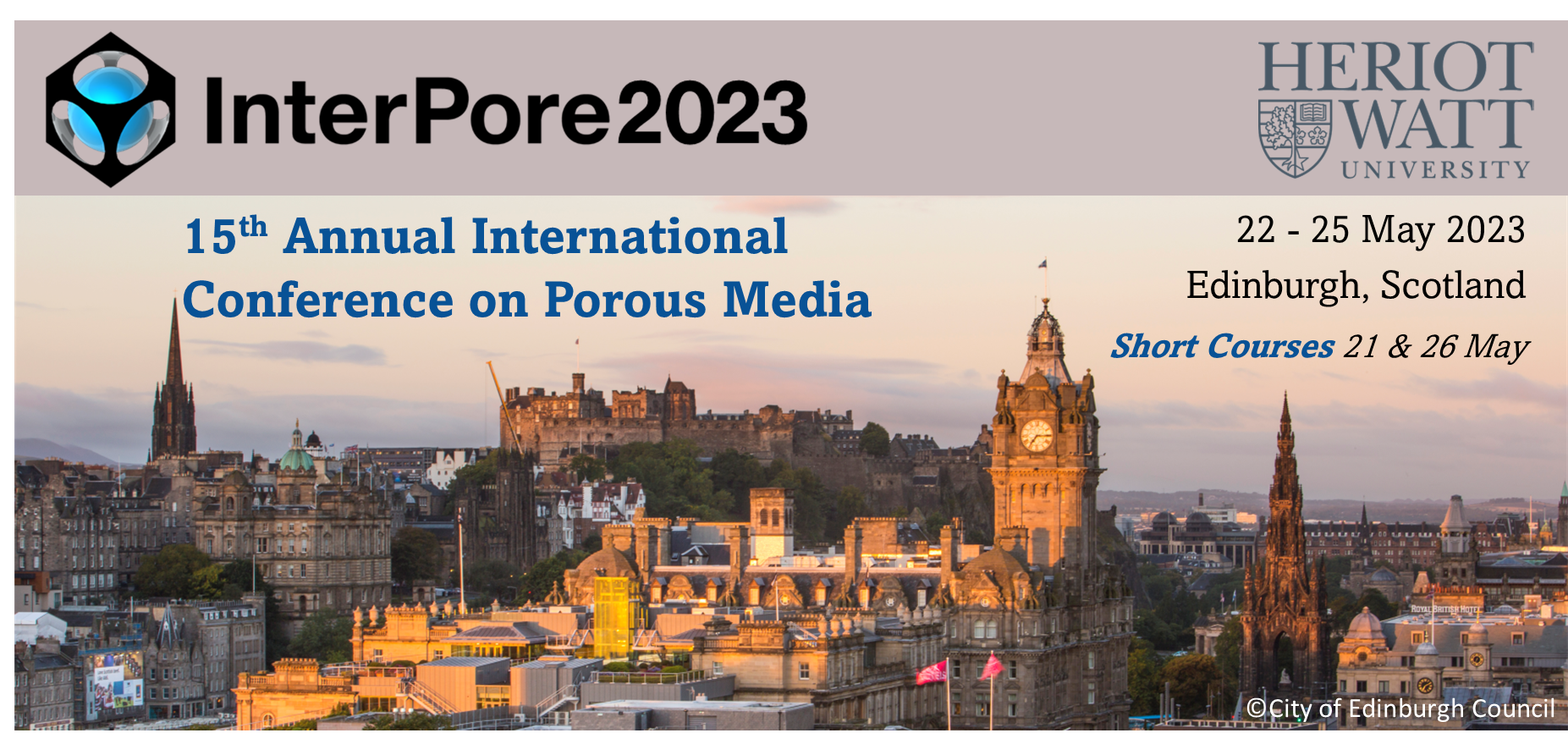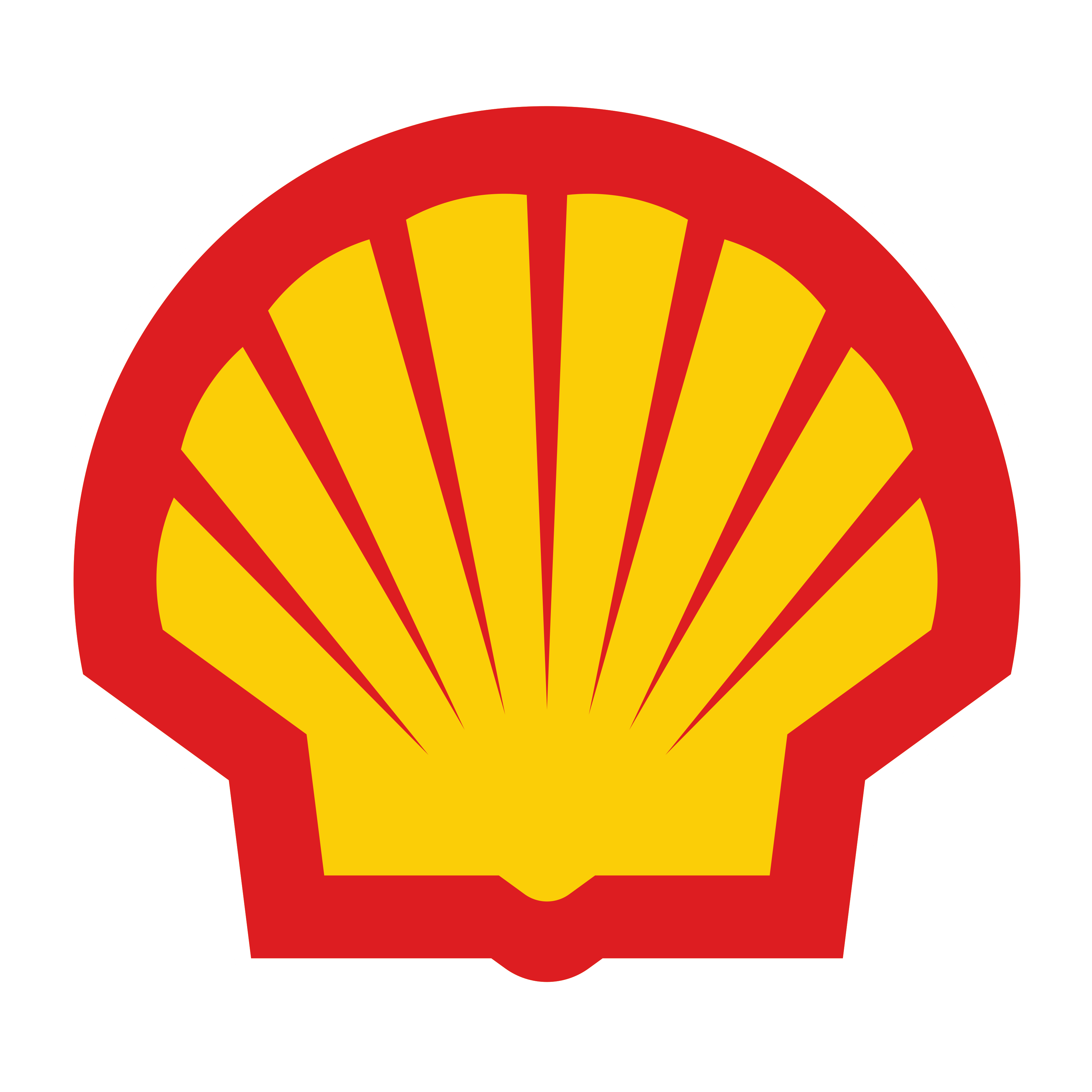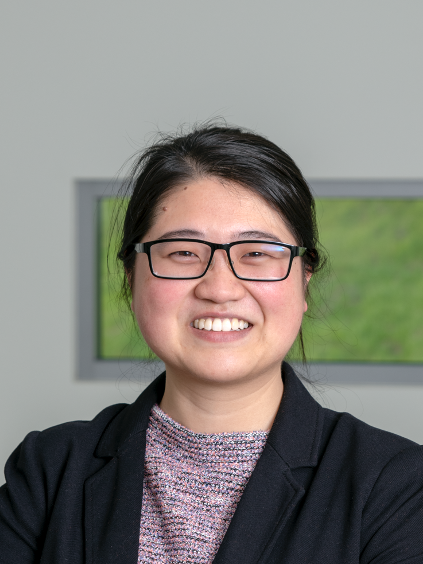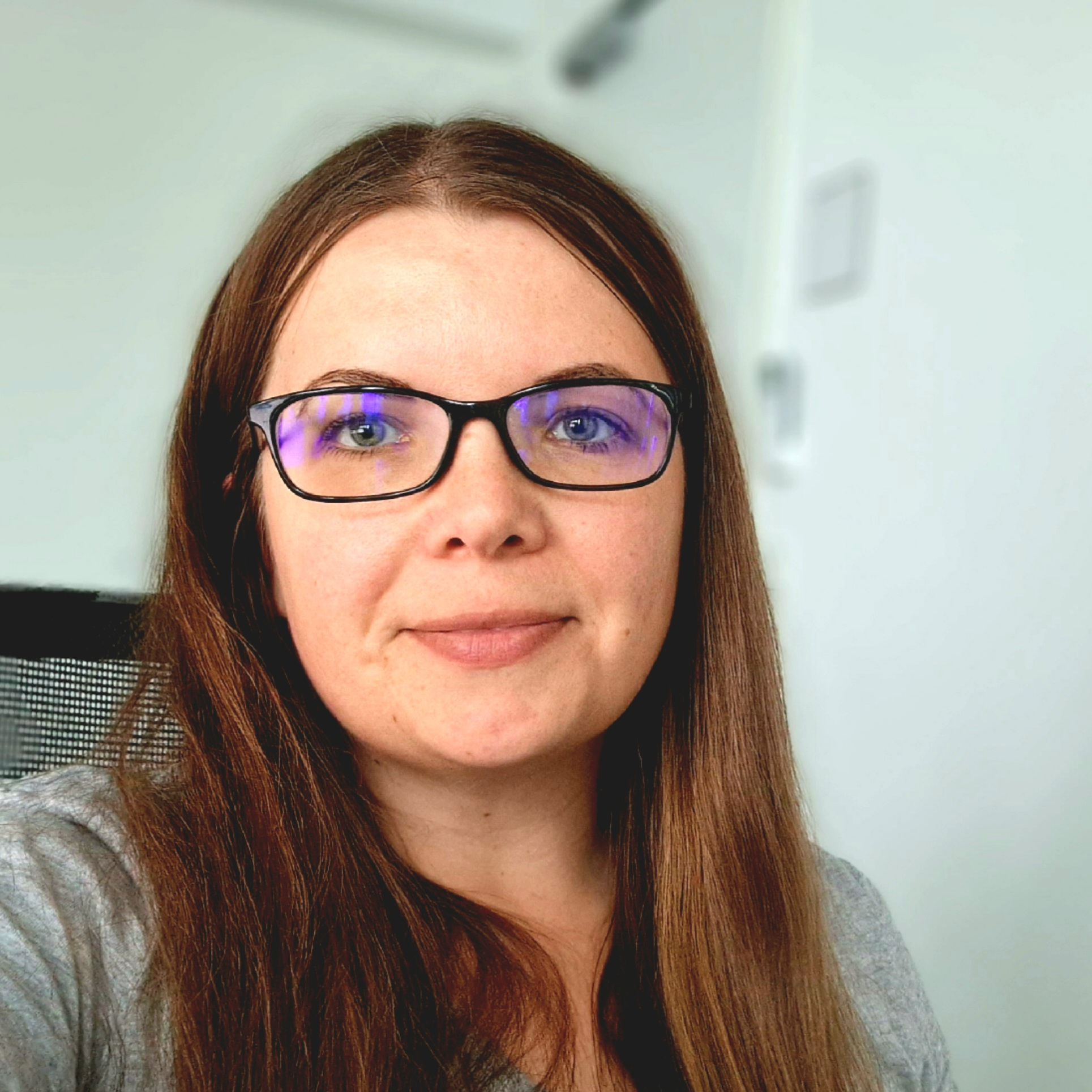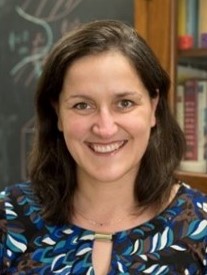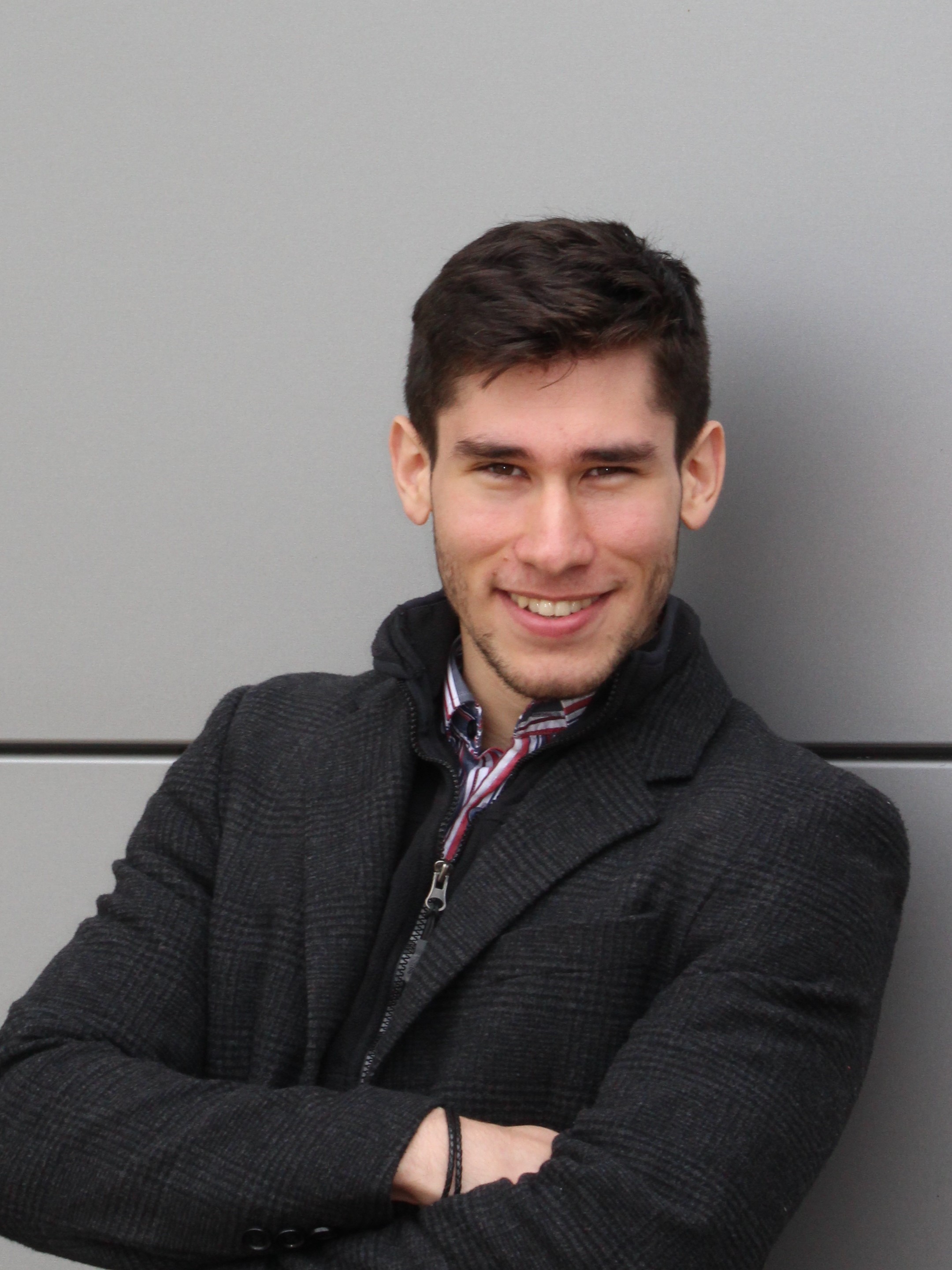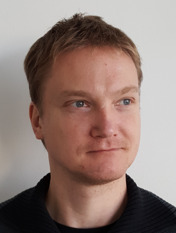Participation in the short courses is in-person only (online participation is not possible.)
You may register for short courses without registering for the conference.
If you have completed your registration and would like to add a short course, please contact us at conference2023@interpore.org.
SHORT COURSE #1: Geochemical modeling in porous media
SHORT COURSE #2: Modelling Porous Media with COMSOL Multiphysics
SHORT COURSE #3: Digital porous media: combining open data, flow simulation and machine learning
SHORT COURSE #4: Advanced sorption characterisation of porous materials: dynamic gravimetric sorption and inverse gas chromatography
SHORT COURSE #5: 3D imaging of porous materials (e.g., rocks, batteries) using Avizo Software: new segmentation and deep/machine learning options
SHORT COURSE #1
Geochemical modeling in porous media
Instructors:
|
|
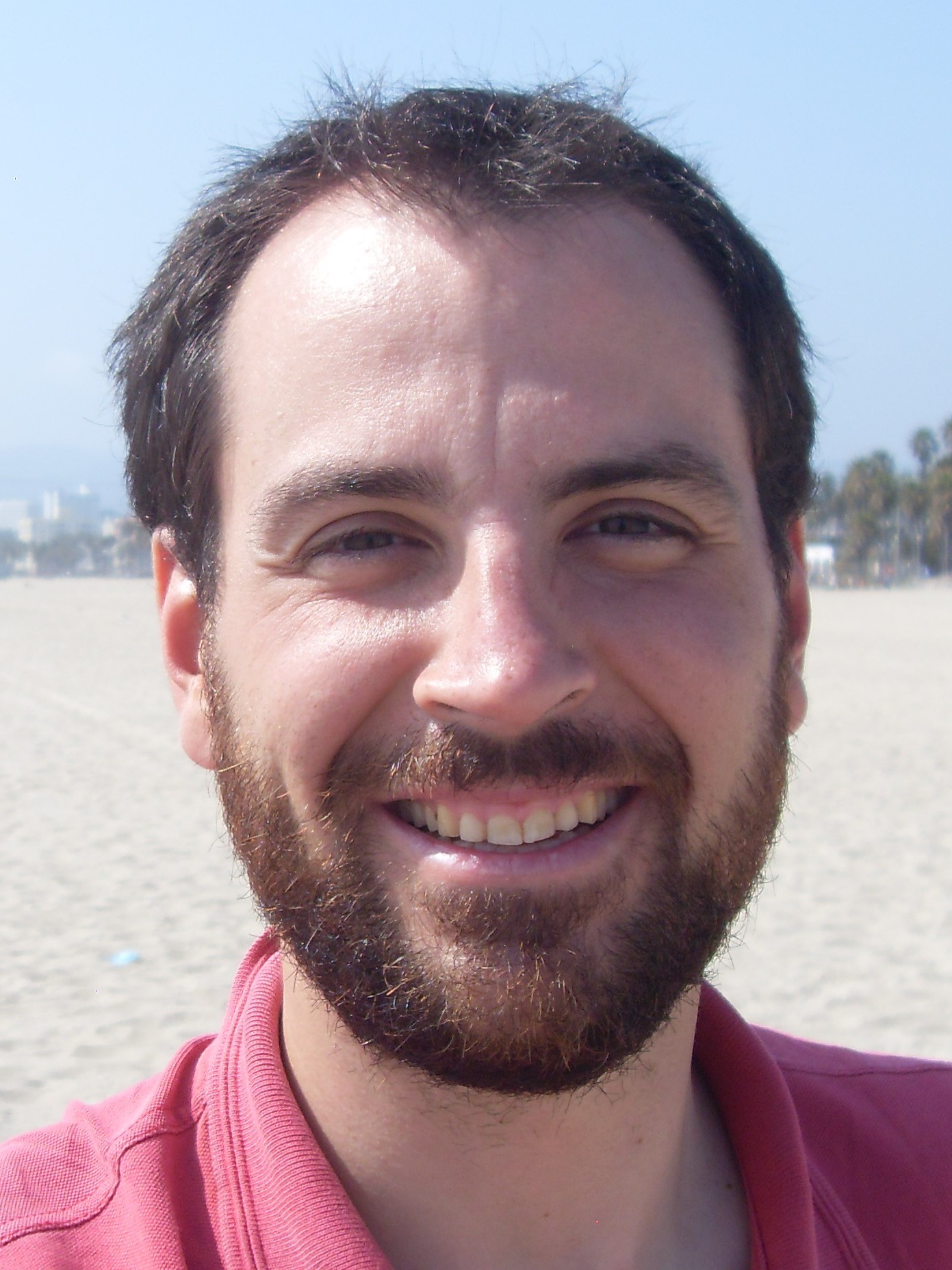 Sergi Molins Lawrence Berkeley National Laboratory USA |
Event Date: Sunday, 21 May 2023
Time: 09:00 - 12:00
Duration: 3 Hours
Location: Leonardo Royal Hotel Edinburgh Haymarket, Edinburgh, UK
Registration Fee: €70 (For InterPore2023 Participants) / €90 (Short-course only)
Description:
Geochemical reactions interact with mechanical, hydrodynamic and thermal processes to alter the properties of the fluids and the porous media, which in turn can affect the geochemical rates. In this short course, we will provide an overview of the fundamentals of multicomponent geochemical reactions relevant in porous media, including adsorption, aqueous reactions, microbial mediated redox reactions, and solid dissolution and precipitation. The primary focus of this course is the modeling of geochemical dynamics via hands-on practices using reactive transport software. The trainees will learn to build geochemical models in batch, 1D and 2D systems to simulate aqueous equilibrium, geochemical evolution, and geochemically driven changes in porous media properties.
SHORT COURSE #2
Modelling Porous Media with COMSOL Multiphysics
Instructor:
|
Nancy Bannach |
Event Date: Sunday, 21 May 2023
Time: 13:00 - 16:00
Duration: 3 hours
Location: Leonardo Royal Hotel Edinburgh, UK
Registration Fee: €50 (For InterPore2023 Participants) / €70 (Short-course only)
Description:
This mini course is designed to introduce attendees to the COMSOL Multiphysics® software and its simulation and modelling environment, with a focus on the capabilities in the area of porous media flow and transport.
By participating in this course, you will gain valuable skills and knowledge that can be applied to your own subsurface flow modelling projects. With COMSOL, you can model flow in saturated and unsaturated porous media and non-isothermal flow, as well as analyse the behaviour of porous media under poroelasticity conditions. The software offers advanced features for modelling and simulating porous media with fractures, including discrete fracture networks (DFN), which allow you to accurately model fractured porous media.
Additionally, you will learn about the software’s functionality for modelling species transport and multiphase flow in porous media, allowing for accurate simulation of complex phenomena such as reactive transport, phase change and interfacial dynamics. COMSOL Multiphysics® supports a wide range of applications, from environmental remediation to enhanced oil recovery.
The course will include a live demo to showcase the software's features for modelling porous media, such as species transport, multiphase flow, fracture flow and poroelasticity.
COMSOL Multiphysics® is a powerful software tool that allows users to create and simulate models in a wide range of engineering domains with multiple physical phenomena
Materials Needed: Laptop
SHORT COURSE #3
Digital porous media: combining open data, flow simulation and machine learning
Instructor:
|
Maša Prodanović |
Event Date: Friday, 26 May 2023
Time: 09:00 - 12:00
Duration: 3 hours
Location: David Brewster Building Room #113, Heriot-Watt University, Edinburgh, UK
Registration Fee: €70 (For InterPore2023 Participants) / €90 (Short-course only)
Description:
New data sources, the most powerful being 3D imaging, have allowed many porous media processes to be observed or simulated in detail and to understand the mechanisms that directly impact larger scale behaviors. Computed tomography (CT), micro-computed tomography (μCT), and focused ion beam scanning electron microscopy (FIB-SEM), are now applied routinely to acquire three-dimensional images that reveal the structure of geologic materials.
Digital Porous Media short course reviews modern imaging porous medium structure, image analysis for characterization and creating simulation input, as well as basic simulation and machine learning that follows for estimating transport properties. Students will get practical experience in analysis/visualization of 2D or 3D images, quantifying properties of interest (such as porosity, tortuosity, connectivity, permeability etc.) as well as the associated uncertainty. This requires a combination of advanced image analysis algorithms, scientific visualization and computation (based on the images).
Course Objectives:
- Understand basics of image modalities used in imaging porous media
- Get practical experience with image analysis algorithms and associated uncertainty
- Understand basics of transport simulation tools that use porous media images as input
- Know where to go if you want to study further/contribute to a particular research area
- Understand how to create a machine/deep learning workflow based on the images
Software Use and Requirements:
The course will be a combination of presentations, literature overview and hands-on exercises (at least one third of the class time). You will be expected to bring a laptop for hands-on exercises. Visualization and image analysis software used in class include ParaView, ImageJ (Fiji distribution) and Python 3 programming environment (Anaconda distribution + skimage) for advanced exercises. All of these software packages run on any type of hardware. I do not assume working/programming knowledge in any of these software packages, and all guidance will be provided during class.
Instructor Bio:
Maša Prodanović is a Frank W. Jessen Professor in Hildebrand Department of Petroleum and Geosystems Engineering (PGE), The University of Texas at Austin. She is an applied mathematician-turned-engineer and has expertise in direct simulation of flow and particulate transport in porous and fractured media, porous media characterization especially based on 2D and 3D images of rock microstructure, unconventional resources and data curation. She is a recipient of multiple awards such as InterPore Medal for Porous Media Research 2022, SPE Distinguished Member Award in 2021, EAGE Alfred Wegener Award in 2021, SPE Formation Evaluation regional award for development of Digital Rocks Portal in 2019, Texas 10 (top faculty) and Stony Brook 40 Under Forty awards in 2017, SPE Faculty Innovative Teaching Award in 2014 and Interpore Procter & Gamble Research Award for Porous Media Research in 2014. She was elected Interpore Society Council member & SIAM Geosciences Program Director 2021-23.
Connect: Webpage and LinkedIn and Google Scholar
Digital Rocks Portal: https://www.digitalrocksportal.org/ Twitter @RocksPortal
SHORT COURSE #4
Advanced sorption characterisation of porous materials: dynamic gravimetric sorption and inverse gas chromatography
Instructor:
|
|
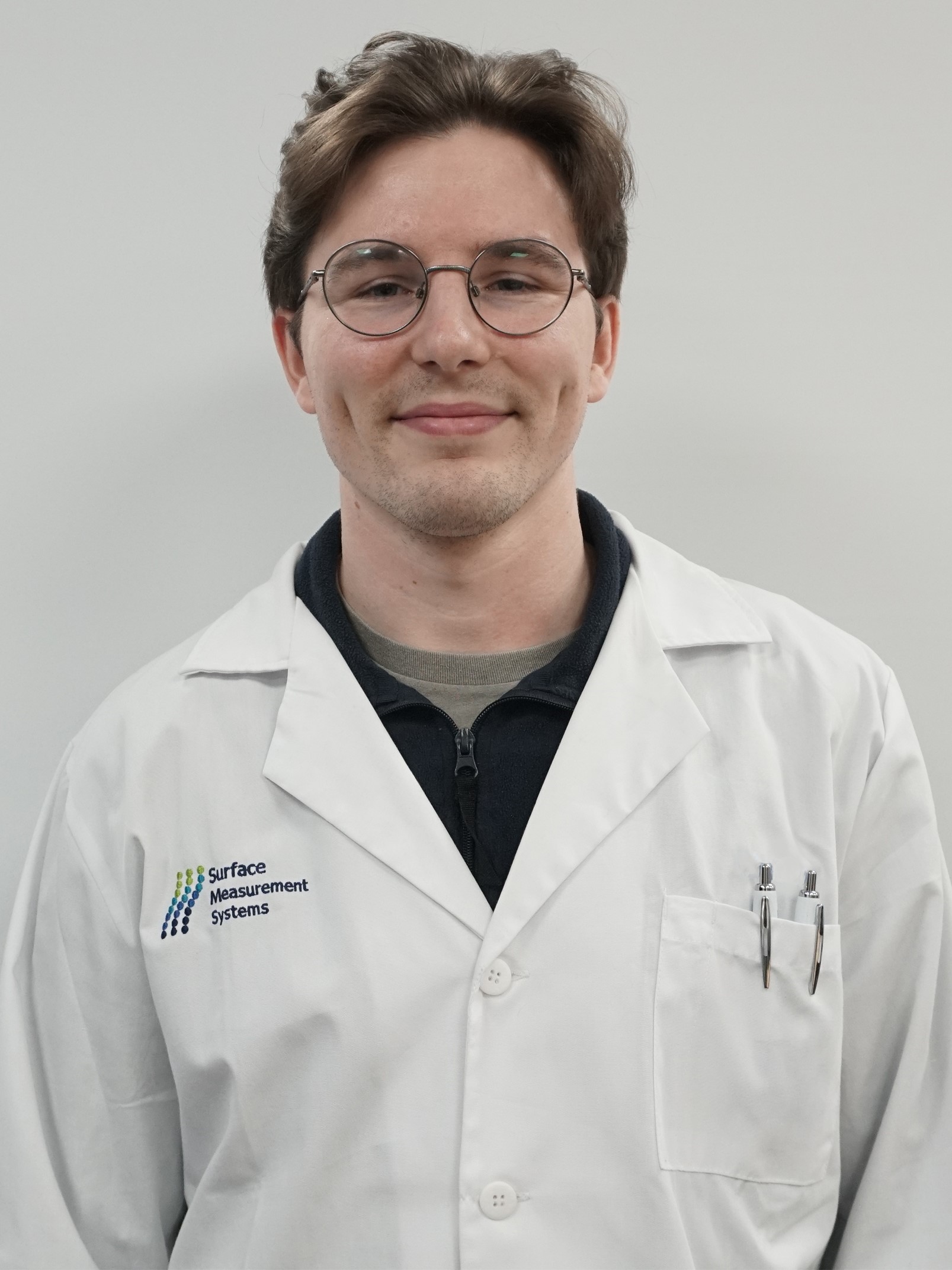 Connor Hewson Surface Measurement Systems |
Event Date: Friday, 26 May 2023
Time: 13:00 - 16:00
Duration: 3 hours
Location: David Brewster Building Room #113, Heriot-Watt University, Edinburgh, UK
Registration Fee: €50 (For InterPore2023 Participants) / €70 (Short-course only)
Description:
This course will provide a high-level overview of the types of gas sorption instrumentation available for the advanced characterisation of porous media, and how to successfully utilise a subset of these for recording material properties such as vapour/gas uptake, surface area, enthalpies of sorption, diffusion, separation characteristics, etc.
In a first instance, a short introduction of techniques for adsorptive characterisation of porous materials, from static (volumetric/gravimetric) and dynamic (gas chromatography, breakthrough experiments) will be discussed. The attendees will learn when each method is suitable depending on the performance indicators necessitated by their materials, as well as the advantages and disadvantages of each.
Two methods for the characterisation of pores and surfaces through adsorptive means will be further discussed: gravimetric dynamic adsorbate sorption (oft called dynamic vapour sorption or DVS) and inverse gas chromatography (IGC).
The DVS method is a gravimetric technique, best suited to the adsorption of vapours like water, alcohols, VOCs or other solvents, though also applicable to gases. It relies on a continuous flow of an adsorbate over a sample loaded in a microbalance. The change in sample mass is therefore directly related to the amount of vapour adsorbed, with complete isotherms recorded in the entire pressure range up to saturation. The method is applicable with or without a carrier gas.
IGC is a gas phase technique for characterising surface and bulk properties of solid materials. A column is packed with the solid material of interest, typically a powder, fibre or film. Then a pulse of constant concentration of gas is then injected down the column, and its elution time measured by a detector. A series of measurements with different probe molecules then allows access to a wide range of physicochemical properties of the solid sample: dispersive and polar surface energy, enthalpy and entropy of adsorption, acid base sites, and more.
Particular attention will be placed on hands-on best practices for these methods: material activation, sample/column loading, experiment definition, as well as interpretation of the data with respect to frequently used interpretations: surface area (BET, Langmuir), adsorption enthalpies and surface energy (Clausius-Clapeyron), pore size distributions.
Materials Needed: Pen and Paper
SHORT COURSE #5
3D imaging of porous materials (e.g., rocks, batteries) using Avizo Software: new segmentation and deep/machine learning options
Instructor:
|
|
Event Date: Friday, 26 May 2023
Time: 13:00 - 16:00
Duration: 3 hours
Location: David Brewster Building Room #114, Heriot-Watt University, Edinburgh, UK
Registration Fee*: €50 (For InterPore2023 Participants) / €70 (Short-course only)
*Please note that this course is limited to 10 participants.
Description:
Image segmentation is the principal key factor prior to any accurate 3D porous media (e.g., rocks, batteries) image analysis. Machine Learning and Deep Learning are two domains of AI that can be used to achieve the required analyses. Attendees of this course will learn how to perform advanced segmentation of their porous samples for further analyses with the help of our machine/deep learning tools.
Materials Needed: Laptop with at least 8GB RAM and NVIDIA graphics cards.
